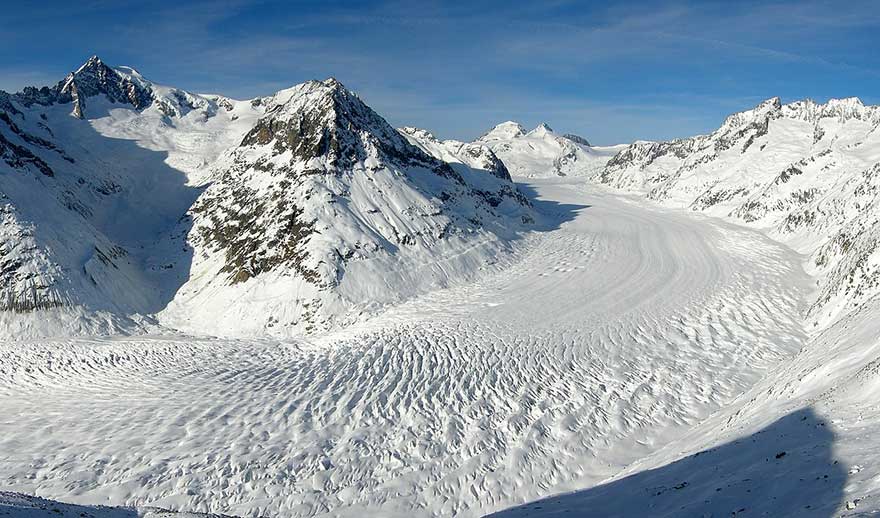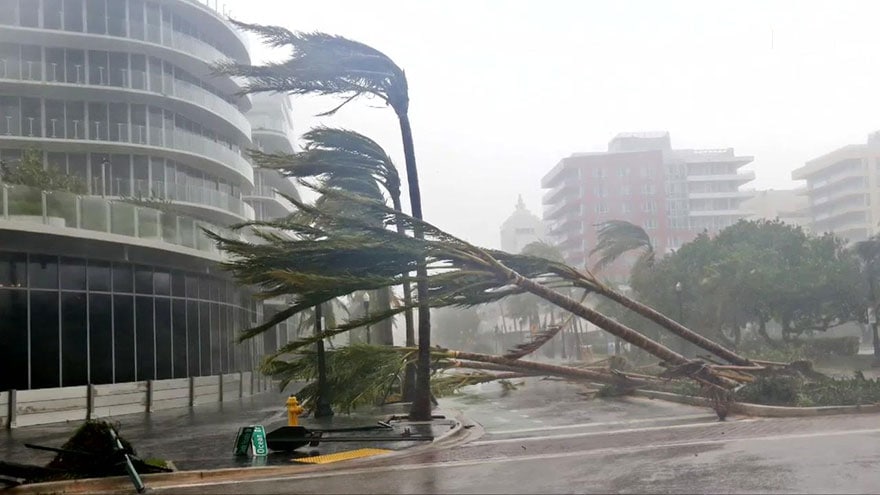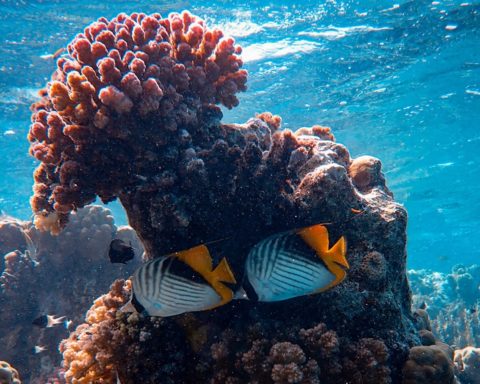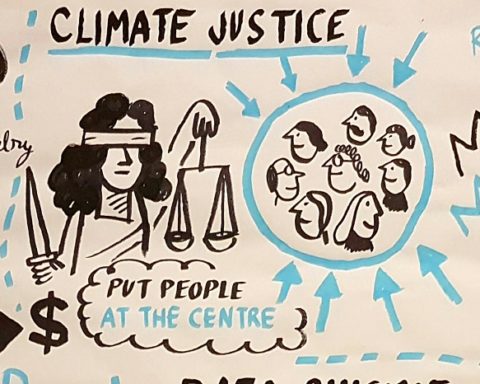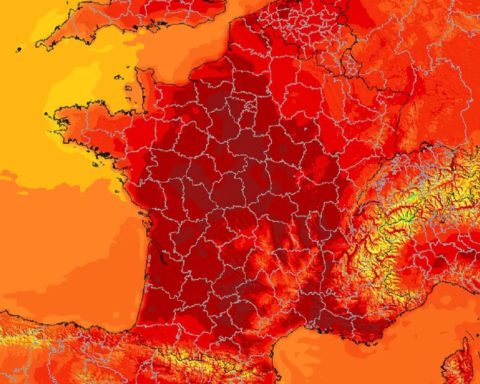The glaciers in the French Alps, which have been badly affected by global warming, have been melting three times faster since 2003, with an average total loss of 25% of their surface area in 12 years. The ecological and societal consequences could be dramatic.
Ahe melting has accelerated sharply. According to the Grenoble Laboratory of Glaciology and Geophysics of the Environment (LGGE), which is drawing up this inventory as part of an inventory carried out on the Alps on a European scale, the melting of the glaciers has suddenly "accelerated" over this period. The study underlines in particular that the loss of surface area between 2003 - date of the last update - and 2015 averaged 2% per year in the French Alps, compared to 0.7% over the previous period (1986-2003).
Mont-Blanc resists
"The number is almost multiplied by 3."The Grenoble glaciologist Antoine Rabatel, who completed his research in June on the basis of satellite images from 2015 with a precision of 10 metres per pixel, told AFP. "The increase in retreat is very clear, especially in the lower parts of the glaciers. Generally speaking, we can link this shrinkage to their average altitude in the massifs".he explains. The glaciers of the Mont-Blanc massif are the ones that are the most "resistant" to this erosion: they are recording a surface shrinkage of around 1% per year over the period 2003-2015, compared to 2,25% per year for the lower glaciers of the Ecrins massifs.
The most affected massif is the Vanoise massif, with an average of 2.6% of surface loss per year, mainly because "few peaks there exceed 3,800 metres in altitude". "The more moderate loss observed in the Mont-Blanc massif can be explained by the fact that the average altitude of the glaciers in this massif is higher," Antoine Rabatel explains. He reminds us that Mont-Blanc also has "accumulation zones" - where ice forms due to snow accumulation - which still culminate at very high altitudes.
Begun in October 2016, this research work was carried out in collaboration with Austrian, Italian and Swiss laboratories as part of a programme with the European Space Agency (ESA).
Dramatic consequences
A study conducted by the University of Birmingham announces that changes in river hydrology and morphology are indeed to be expected. River flows will become more unpredictable as they depend less on meltwater and more on precipitation. The shrinking of glaciers will also allow the transport of pollutants, including emission products from industrial activity, such as black carbon and associated compounds like mercury, pesticides and other persistent organic pollutants contaminating the oceans and groundwater. Glacier retreat will also have a direct impact on populations dependent on glacier-fed rivers, according to researchers. This includes water supply, agriculture, fisheries, but also cultural or even religious aspects.
"We believe that the impact of the ice retreat on our downstream ecosystems has not been fully integrated to date.", states Alexander Milner of the University of Birmingham. "From species diversity to tourism, from hydropower plants to drinking water supply... the risks are vast. The first step is to rethink the way we think about glacial shrinkage and put in place a research program that recognizes the risk to the regions likely to be most affected.
Thus, appropriate management strategies will need to be developed and adopted to mitigate the societal impacts of profound changes in glacial runoff. The authors propose some key recommendations that they believe should support a global research agenda involving interdisciplinary research. These include detailed mapping of glacier mass change using new imaging and processing technologies and an effort to identify key biogeochemical variables, contaminant loads and biodiversity in glacier-fed rivers through widespread monitoring networks using standardized sampling methods.

Sources: AFP, SciencePost

